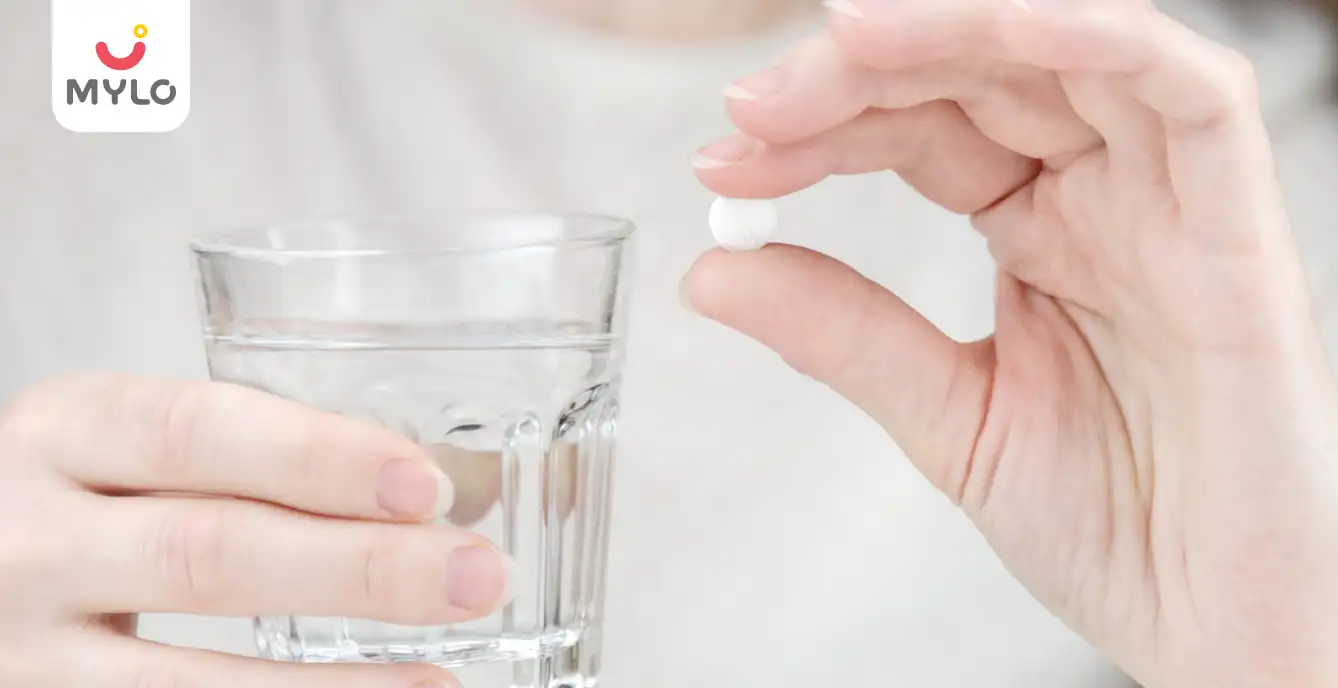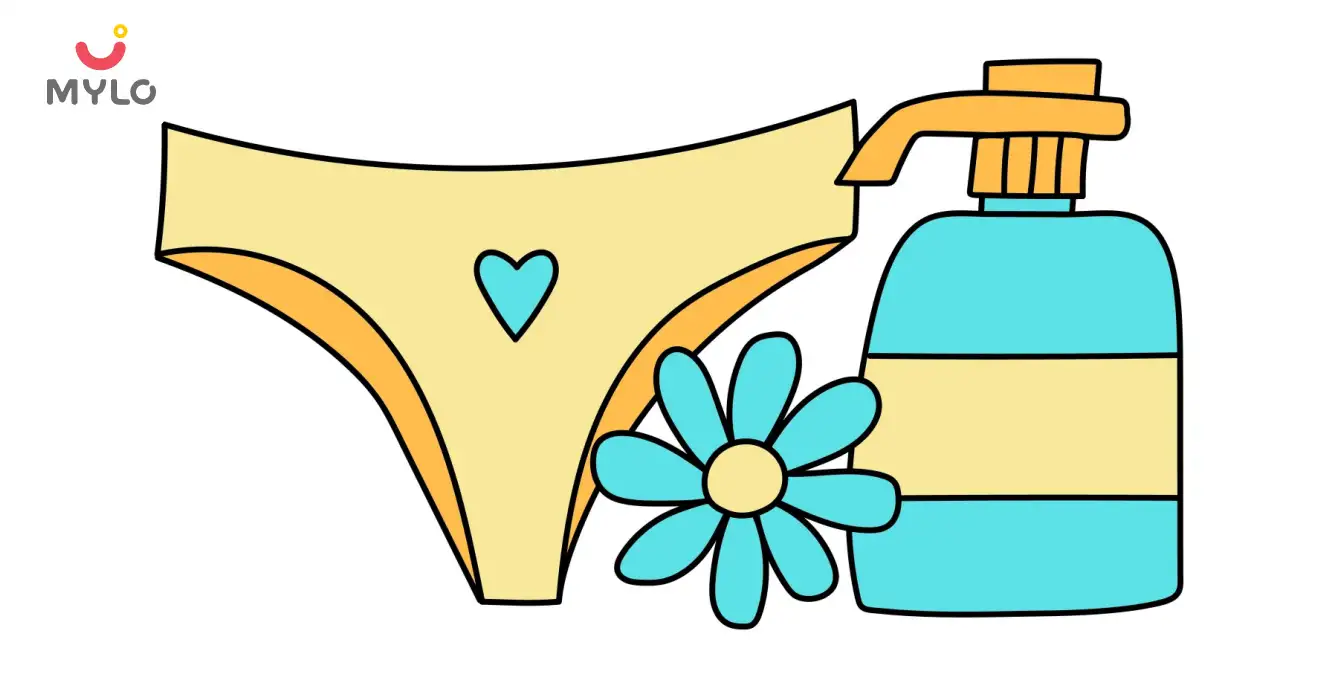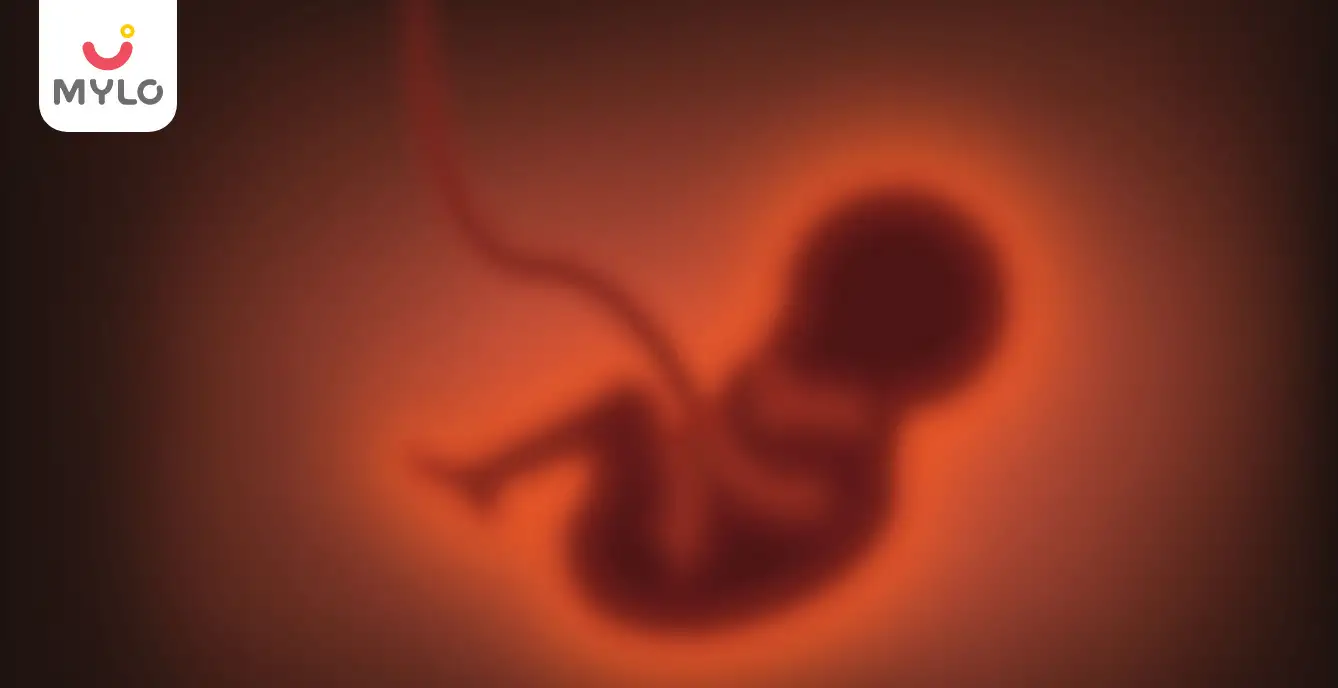
Trying to get pregnant?
Take the Test
Article continues after adveritsment
Article continues after adveritsment
In this Article
Hormones
Hormone Replacement Therapy (HRT) : Type, Side Effects & Treatment
Updated on 18 October 2023
Article continues after adveritsment
Many people looking for relief from menopausal symptoms consider going for hormone replacement therapy (HRT). Knowing the benefits, side effects and risks of HRT can help you decide whether it’s beneficial for you or not. In this article, we will learn what is HRT, its types, benefits, side effects and much more.
What is hormone replacement therapy?
During menopause, the estrogen levels of women fall and they might experience unpleasant symptoms like hot flashes and vaginal dryness. HRT also known as hormone replacement therapy can help relieve these menopausal symptoms. HRT replaces hormones that are at a lower level as one approaches menopause.
Benefits of hormone replacement therapy
HRT can provide the following benefits:
-
Relieve hot flashes and night sweats
-
Reduce mood swings and irritability
-
Ease vaginal dryness and itchiness
-
Help fix reduced sex drive and painful sex
-
Prevent fractures caused by osteoporosis
-
Lower chances of dementia and heart diseases
You may like: Perimenopause: Causes, Symptoms, Risks & Treatment
Types of HRT
There are many types of HRT and finding the right one can be difficult.
1. HRT hormones
Most women take a combination of estrogen and progesterone hormones, although women without a uterus can even take estrogen alone.
2. Ways of taking HRT
HRT treatment is available in different ways such as tablets, skin patches, gels, vaginal creams, pessaries or rings.
3. HRT treatment plans
HRT medicine can be taken in cycles where estrogen is taken without stopping but progesterone only every few weeks or without stopping.
A doctor can help you decide which might be the best HRT treatment for you. It’s possible you may need to try more than one type of HRT to find which works best for you.
Risks of HRT
Although the benefits of hormone replacement therapy outweigh the risks, you must know the risks of HRT. HRT can increase your risk of:
-
Endometrial cancer, if you take estrogen and progesterone while you still have a uterus
-
Blood clots
-
Stroke
Side effects of HRT
As with any medicine or treatment, HRT can cause certain side effects. But these side effects tend to pass within 3 months of starting treatment.
Some common side effects of HRT include:
-
Breast tenderness
-
Headaches
-
Feeling sick
-
Abdominal pain
-
Indigestion
-
Vaginal bleeding
Who should avoid Hormone Replacement Therapy?
Although most women can have HRT if they are experiencing menopausal symptoms but HRT may not be suitable for some women.
You should avoid HRT if you:
-
Are pregnant
-
Have a history of blood clots
-
Have untreated high blood pressure
-
Have liver disease
-
Have a history of breast cancer, ovarian cancer or uterine cancer
You may be recommended alternatives to HRT under such circumstances.
You may also like: Ovarian Cyst: Types, Causes, Symptoms and Treatment
How to begin HRT?
If you are interested in starting hormone replacement therapy, you should first consult a doctor.
-
Most women can begin HRT as soon as they first experience menopausal symptoms without having any tests before.
-
A doctor can explain to you the different types of HRT in order to help you choose the most suitable one for you.
-
Most women start with a low dose, which can be increased at a later stage. The treatment can take a few weeks to be effective and cause some side effects initially.
-
The doctor will recommend you switch to a different treatment or change the dose to see if it helps.
How to stop HRT?
Although there is no limit on how long one can take HRT, you should follow the recommendations of your doctor.
-
Most women stop taking HRT once they find relief in their menopausal symptoms, which usually takes a few years.
-
Women who take HRT for over a year have an increased risk of breast cancer than women who never try HRT.
-
This increased risk of breast cancer comes down after you stop HRT but some risk remains for over 10 years compared to women who never tried HRT.
-
You can either stop HRT gradually or suddenly but it is recommended to gradually stop taking HRT so that the symptoms don’t come back soon after.
Alternatives to hormone replacement therapy
If you cannot take HRT, you may want to consider some alternatives to hormone replacement therapy to control your menopausal symptoms such as:
1. Lifestyle changes
Lifestyle changes like exercising regularly, consuming a healthy diet, cutting down on caffeine, alcohol and spicy foods and quitting smoking can help relieve some of your menopausal symptoms.
2. Tibolone
Tibolone is a medication similar to HRT (estrogen and progesterone combined) but it is only suitable for women who had their last period over a year ago.
3. Clonidine
Clonidine is a non-hormonal medication that may relieve hot flushes and night sweats in some women but the benefits are limited.
4. Antidepressants
Some antidepressants can help relieve hot flushes and night sweats but it can cause some unpleasant side effects like dizziness and agitation.
Whatever is your choice- HRT or its alternatives, it’s important that you consult your doctor and discuss the pros and cons of the treatment.
References
1. Harper-Harrison G, Shanahan MM. (2023). Hormone Replacement Therapy.



Written by
Anupama Chadha
Anupama Chadha, born and raised in Delhi is a content writer who has written extensively for industries such as HR, Healthcare, Finance, Retail and Tech.
Read MoreGet baby's diet chart, and growth tips

Related Articles
Article continues after adveritsment
Article continues after adveritsment
Related Questions
Hello frnds..still no pain...doctor said head fix nhi hua hai..bt vagina me pain hai aur back pain bhi... anyone having same issues??

Kon kon c chije aisi hai jo pregnancy mei gas acidity jalan karti hain... Koi btayega plz bcz mujhe aksar khane ke baad hi samagh aata hai ki is chij se gas acidity jalan ho gyi hai. Please share your knowledge

I am 13 week pregnancy. Anyone having Storione-xt tablet. It better to have morning or night ???

Hlo to be moms....i hv a query...in my 9.5 wk i feel body joint pain like in ankle, knee, wrist, shoulder, toes....pain intensity is high...i cnt sleep....what should i do pls help....cn i cosult my doc.

Influenza and boostrix injection kisiko laga hai kya 8 month pregnancy me and q lagta hai ye plz reply me

Article continues after adveritsment
RECENTLY PUBLISHED ARTICLES
our most recent articles

Medications
Dolo 650 During Breastfeeding: Expert Advice and Guidelines for Nursing Mothers

Ayurveda & Homeopathy
Arogyavardhini Vati: How This Herbal Blend Can Help You Balance Your Three Doshas

Hygiene & Sanitation
How to Clean Your Vagina & Vulva Complete Guide

Miscarriage
Blighted Ovum: Causes, Symptoms & Treatment

Baby Names
Top 100 Baby Girl Names

Folic Acid
The Ultimate Guide to Consuming Iron and Folic Acid Tablets
- White Creamy Discharge: Is It Normal or a Cause for Concern?
- First-Time Sex & Pregnancy Chances: What You Need to Know
- The Ultimate Guide to Twin Pregnancy Symptoms at 4 Weeks
- A Comprehensive Guide to Understanding the Effects of Masturbation
- Placenta Position: How It Affects Your Pregnancy and Delivery
- Clitoral Hood: Benefits, Risks & More
- Pelvic Exam: Details, Outcomes & Dos & Don'ts
- My life mantar is - HARE KRISHNA HARE KRISHNA KRISHNA KRISHNA HARE HARE HARE RANA HARE RAMA RAMA RAMA HARE HARE which means no matter what is going in your lifejust keep this mwntra in your mind every minute every sec everything will be good automatically. U will not need any other mantra
- Early Pregnancy & Egg White Discharge: What You Need to Know
- Dilation and Curettage (D&C): Procedure, Risks & Benefits
- Alivher Tablet Uses: How to Maximize the Benefits for Your Reproductive Health
- Incompetent cervix: Causes, Symptoms, & Treatment
- Soda During Pregnancy: Is It Safe or Should You Avoid It?
- Watery Discharge Before Period: Is It Normal or a Cause for Concern

At Mylo, we help young parents raise happy and healthy families with our innovative new-age solutions:
- Mylo Care: Effective and science-backed personal care and wellness solutions for a joyful you.
- Mylo Baby: Science-backed, gentle and effective personal care & hygiene range for your little one.
- Mylo Community: Trusted and empathetic community of 10mn+ parents and experts.
Product Categories
baby carrier | baby soap | baby wipes | stretch marks cream | baby cream | baby shampoo | baby massage oil | baby hair oil | stretch marks oil | baby body wash | baby powder | baby lotion | diaper rash cream |



